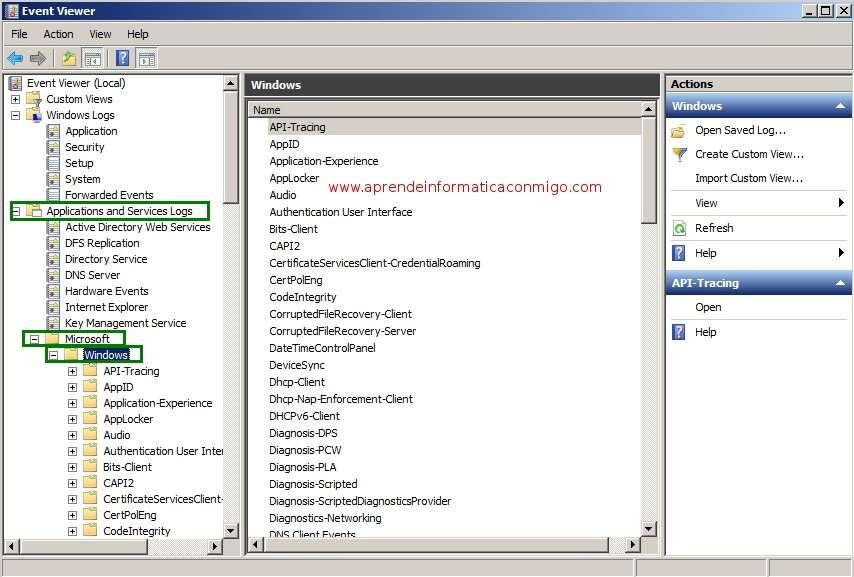Microsoft Windows Grouppolicy Operational
Feb 27, 2017 Chessmaster Overview. Chessmaster Free Download for PC is a chess-playing computer game series which is now owned and developed by Ubisoft. It is the best-selling chess franchise in history, with more than five million units sold as of 2002. Chessmaster Grandmaster Edition (11th) Free Download Full Version Apr 5, 2015 admin Featured, Strategy 0 Chessmaster Grandmaster Edition is a chess-playing strategy video game developed by Ubisoft Bucharest and published by Ubisoft Entertainment for PC on October 30, 2007. Chessmaster pc download. Chessmaster 10th Edition is a Chessmaster video game developed by Ubisoft Bucharest and published by Ubisoft Entertainment. The game was released on August 10, 2004 for PC. In the game you will have chess teacher, mentor, and ultimate opponent with intuitive user interface. Chessmaster 10 Edition Game is Adventure, RPG video game for Xbox 360 Microsoft Windows, MacOS, Pocket Pc.This game developed Ubisoft and published by Ubisoft, Focus Multimedia. This game was Release On 4 Aug 2018. This Post specially made for computer download, go to footer download link and Download to your Pc.
Mar 06, 2019 Data collection for troubleshooting 802.1X authentication. 6/6/2019; 8 minutes to read +3; In this article. Use the following steps to collect data that can be used to troubleshoot 802.1X authentication issues. Feb 18, 2013 What version of Windows are you using. There is the Group Policy Operational log on 2008 systems and the screen shot below is from that. You can also use system logs. Mar 04, 2009 As many of you know Group Policy troubleshooting can be a bit of a challenge. If you have not made use of the Group Policy operational logs that were introduced in Windows Vista, you are missing out on an extremely handy troubleshooting tool. On any Vista or newer system, open the event viewer (eventvwr from. Oct 30, 2013 Updated: The script has been optimized thanks for my colleague Pierre Audonnet.You can also now export to csv and html format. When troubleshooting GPO processing we have a lot of tools available to us.Since Windows Vista, we especially have a new Event Log that register all events related to GPO processing.
Updated: 02/05/2014
The script has been optimized thanks for my colleague Pierre Audonnet.
You can also now export to csv and html format.
When troubleshooting GPO processing we have a lot of tools available to us.
Since Windows Vista, we especially have a new Event Log that register all events related to GPO processing.
One 'new' feature is that each GPO event is assigned an Activity ID that is unique for a GPO processing.
Tools such as GPlogview can use that Activity ID to sort large event logs and focus on a specific GPO processing.
You can also create a custom event log view to sort them using the following 'Query':
<QueryList><Query Path='Application'><Select Path='Microsoft-Windows-GroupPolicy/Operational'>*[System/Correlation/@ActivityID='{INSERT ACTIVITY ID HERE}']</Select></Query></QueryList>
More details in the following article: http://technet.microsoft.com/en-us/library/cc749336(v=WS.10).aspx
Problems with those tools are that:
- You need to have GPLogView already installed on a computer to collect locally or remotely. You also need to know the Activity ID corresponding to the GPO processing you want to analyze.
- If using the Custom Log view, you need to either export the log on your computer or create the custom log view on the computer you want to analyse.
What about if you could list the lasted Activity IDs log on a computer and then sort only those events corresponding to these Activity ID.
That was the starting point of this little project.
Getgpoprocessing.ps1
An Activity ID is assigned at each new GPO processing. As you might know there is eight events that will trigger a new GPO processing:
- Computer Boot
- User Logon
- Computer background refresh
- User background refresh
- Computer Network Change
- User Network Change
- Computer Manual Update
- User Manual Update
Each of those event is logged in the group policy event log with a specific event ID:
- Computer Boot: event ID 4000
- User Logon: event ID 4001
- Computer Background Refresh: event ID 4006
- User Background Refresh: event ID 4007
- Computer Network Change: event 4002
- User Network Change: event 4003
- Computer Manual Update: event 4004
To access the Group Policy event log, you can use the powershell cmdlet: get-winevent
So what my script does is simple:
- Collect the group policy events over a period of hours that you specify on a local or remote computer
- Display the events corresponding to a new GPO processing
- Have you select the one you are interested in and gives you all corresponding events base on the Activity ID.
Here is an example:
Getgpoprocessing –hours 2
Here you can see that we have a periodic policy refresh for the computer every 5 minutes. This is normal as it is collected on a DC.
The same command to collect on a remote member server:
Getgpoprocessing –hours 2 –computer 2012MS
Once you have the 'Starting' events, all you need is to enter the number of the one you want to review.
Following the collection on member server 2012MS, I will select 1 to review the background User GPO processing for user 'Administrator' with Activity ID {7B27C738-6A05-40A2-8187-A0D97111182D}
I now have the list of events from the Group Policy event log of member server 2012MS, with Activity ID {7B27C738-6A05-40A2-8187-A0D97111182D}.
The script only display the LevelDisplayName (Information, Warning, Error) and the message in the event.
You can also chosse to export the results to csv or html or both by adding the -csv $true or -html $true switches
The file name format are:

<computername>-<ActivityID>-gpoprocessing.csv
<computername>-<ActivityID>-gpoprocessing.html
If you do not specify a computer, meaning you run the script locally the <computername> is replaced by 'LocalHost'
Requirements:
I order to use this script, you will need to have access to the Event logs, locally or remotely.
Microsoft-windows-grouppolicy/operational 7017
As usual you can find the script here